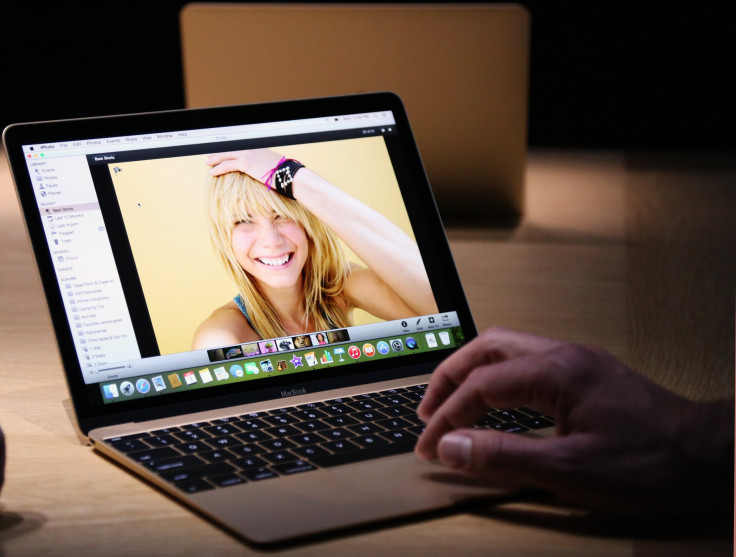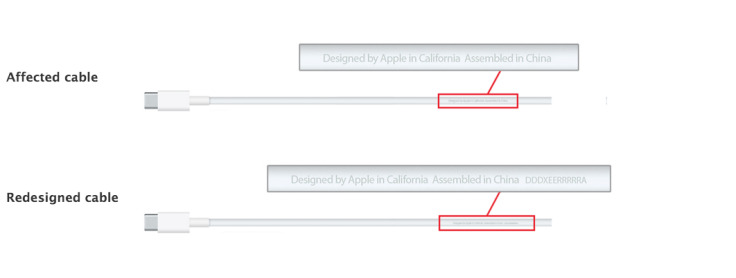Apple Recalls Faulty USB-C Cables For MacBook Laptops

Apple has issued its second product recall in the space of a month after it revealed that some USB-C cables shipped with its latest MacBook laptop could be faulty and causing power issues.
Apple has announced it will be replacing the 2-meter USB-C cable shipped with its new MacBook, which was introduced in 2015 and uses the new standard for data transfer and charging through a single port. “A limited number of Apple USB-C charge cables that were included with MacBook computers through June 2015 may fail due to a design issue,” Apple said in a statement. “As a result, your MacBook may not charge or only charge intermittently when it’s connected to a power adapter with an affected cable.”
Apple will supply those affected with a redesigned cable for free as well as those who bought the cable as an optional accessory. The company said that those who provided a valid postal address during the registration process would receive a new cable in the post by the end of February.

Customers can check if their USB-C cable is affected by looking at the text printed on the cable. Affected cables have the following words printed on them: “Designed by Apple in California. Assembled in China.” The redesigned cables have the same words but with the addition of a serial number.
Those seeking a replacement cable can do so at an Apple retail store or authorized third-party retailer, or by contacting Apple Support online.
In January, Apple had to recall some power adapters sold with Macs, iPhones, iPads and iPods over the course of more than a decade due to safety concerns. Microsoft has also had to recall the chargers for its Surface range of tablets.
USB-C cables have been in the news recently after a Google employee, Benson Leung, tested out a range of USB-C cables and showed that one managed to fry his $1,500 Chromebook Pixel 2 laptop. Many third-party USB-C cables have been shown to have been wired with the incorrect resistor, meaning more power than was safe could be drawn by smartphones, tablets and laptops.
© Copyright IBTimes 2024. All rights reserved.






















